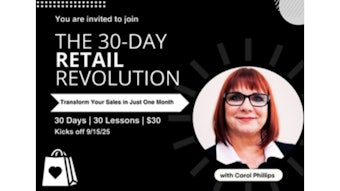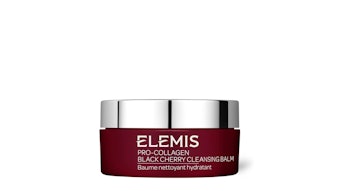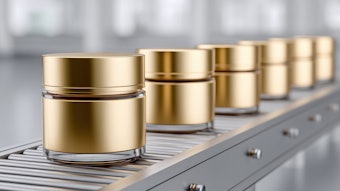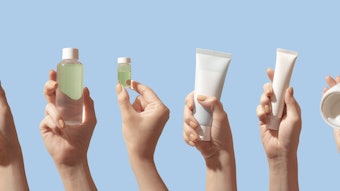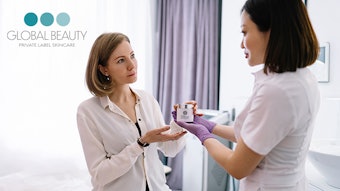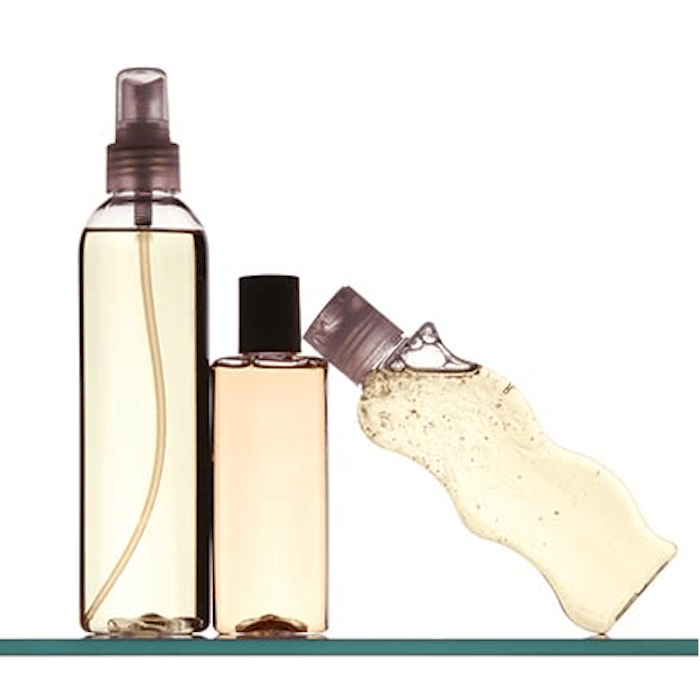
As an esthetician and spa owner, you must be constantly thinking ahead in order to maintain and grow your business. New skin care companies and products, along with new techniques and machines may keep your head spinning. To complicate this matter, COVID has led to skin care manufacturers selling their products on their websites to the general public, which can be in direct competition with retail sales by the esthetician. When it is so important for you to sell products and not just services to be successful, maintaining and increasing product sales becomes essential. We all found this to be true during the pandemic when spas were closed.
What Is Private Labeling?
More and more estheticians are solving these issues by using manufacturers who offer private labeling. Basically, private labeling is simply replacing a manufacturer’s “brand” label with the label of a spa or esthetician. This allows spa owners to build an exclusive brand and sell products that clients can only purchase from one source.
Private labeling can be done at a fraction of the cost it would require to develop a new line yourself. It also helps to increase brand loyalty and client retention to the private label line. For many estheticians, this may be the best direction for their business. Research is key in choosing a skin care manufacturer to provide you with privately labeled products. Here are eight considerations to keep in mind when deciding whether to choose a private label line.
High Quality Products
Placing your name and logo on a product that lacks high quality ingredients and proven results will do more harm than good. Your good name and reputation are valuable commodities, therefore, your private label line must be more than just a pretty bottle.
Look for a brand that has experience in developing new and effective products. It may be preferable to have products that are made in the U.S., both for availability and dependability. Many private label companies can provide a quick startup service for the esthetician. Their products have already been expertly developed with key ingredients that are important to your practice. The products have been tested for effectiveness, benefits, allergic reactions, successful sales and marketing success. By using a seasoned manufacturer, you are assured of the success that they personally have experienced. You have a risk-free situation and the opportunity for business growth and profits.
Label Design and Appearance
It is important for your logo and color scheme to be accurately portrayed on your product line. Is the company able to add your logo and use your distinct colors to distinguish your spa? If you haven’t already created a logo, make sure they have an experienced graphic designer who can create a logo and label that reflects your brand and practice. Many companies also allow you to use custom content, such as choosing a product name and description to enhance your brand.
Pricing and Minimums
Choosing a company that has a price point to fit your customer’s expectations or ability to pay is also imperative. The retail prices for a private label line can be set at the discretion of the spa or esthetician because they are the exclusive owner of that product name. However, a high price from the manufacturer can limit pricing flexibility and future profits. A low minimum initial order and reorder requirements are key considerations. Tying up too much capital and inventory in order to place a required large initial purchase can have a detrimental impact on cash flow. Additionally, large required re-order quantities may require significant storage space and a decreased inventory turnover rate. Seeking a company that manufactures smaller batches to maintain freshness and potency would help to keep your products fresh. Other benefits may be that the provider backs you up with skin education, protocols, and training and offers marketing advice and special trial packaging to help promote your sales.
Bulk Products
Some providers offer bulk products that are purchased in non-retail size quantities, such as by the gallon. The spa or esthetician then bottles and labels the product in retail containers. This can be a cost savings to the salon, but there are two large draw backs — time and liability. The spa would need to purchase bottles at a reasonable price and quantity and have adequate storage space. Filling and labeling bottles can be time consuming and require extra space in your spa. Much of the product liability for proper labeling and contamination will also shift to the salon. Generally, the added cost of time, materials and insurance, plus the liability issues, outweigh the benefits of purchasing bulk products.
Volume
Home care product sales should account for about 50% of a spa’s income. If you don’t actively promote retail home care product sales, private labeling may not be for you. Sales for your private label can also be enhanced by switching clients away from branded products over to your private line, thus eliminating the need to stock multiple branded lines.
Getting the Word Out
Skin care has become more important to the younger generation as they learn about prevention of the skin’s signs of aging. There are more anti-aging products being sold to clients in their 20s and 30s, and this same group is already purchasing Botox injections, implants, lip enhancement and more frequent facials to deter the sagging skin and lines that develop in their 40s. These are clients who can also help you to build your brand by social media. Your product, and salon name, appear on their Facebook page, Instagram and Twitter and are advertised as a product that they love.
Adding More Products
Think about the advantage and ease of adding more products to your line. If you want to start with the basics and slowly add specialty products, you don’t have to develop them yourself or spend time studying other products. They can be added to your shelf promptly. And all of your products will display the same label as your salon, reminding your clients of your business each time they use it. Another marketing tool has been created!
Profitability
Profitability on your products is more effective when you can set your own pricing. You will have no “set in stone” pricing from the manufacturer and can develop pricing that works for both you and your customer. If you want to discount a product or have the ability to increase your price point, it is completely up to you. Having retail sales that will support a private label program means you are at a point in your business where you are ready to take the next step.
Choose a line with price points that fit your clients’ budget.
Barbara and Larry Lockhart have been the co-owners of BiON since 2007. Barbara has a background as a registered nurse and serves as the vice president of the company, whereas Larry has background as a registered pharmacist and serves as CEO of the company.





